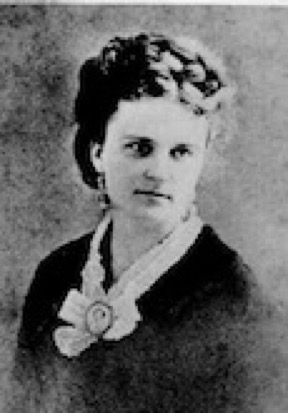Literary Critique - Athenaise
May/17/2016 02:15 PM Filed: Literary Critiques

Photo Credit: Unknown
(Wikimedia Commons)
Family Ties and the Marital Obligation
Kate Chopin portrays a woman pressured into the socially acceptable norm of committed marriage in “Athenaise,” a story published in 1896. Known as a liberated go-getter, her fiction asserted a woman’s right to establish an identity separate from her husband, an act of rebellion her contemporaries considered scandalous.
By contrasting a spouse’s gentle nature with a sibling’s abrasive demeanor, Chopin emphasizes the role a male figurehead played in a woman’s life. Athenaise’s brother seems sympathetic when she abandons her husband, but he searches for serious reasons that his sister cannot provide, such as physical abuse or alcoholism.
In contrast, her husband takes rejection like a saddened gentleman, and Athenaise does not accuse. She simply leaves, an unthinkable act of defiance. This female protagonist is perceived by those around her as a flighty child controlled by her emotions. By playing devil’s advocate, Chopin makes fun of staid, paternalistic values.
Yet Chopin is far from a man-hater. Her sympathetic portrayals demonstrate that she can relate to the aborted marriage from a man’s viewpoint as well. However, she examines the undesirable nineteenth-century tendency to run a young woman out of her childhood home into the waiting arms of a husband, while discouraging freedom to live independently.
In the end, Athenaise succumbs to social pressure. The last paragraph alludes to sedated resignation of her domestic fate and sudden concern for a crying baby in a nearby cabin, which shows an instinctive maternal urge manifesting itself. Although her ambivalence may appear resolved, Athenaise did not choose the strongest course of action. She made the difficult decision to return to her husband, a responsible choice for a woman of her confining society.